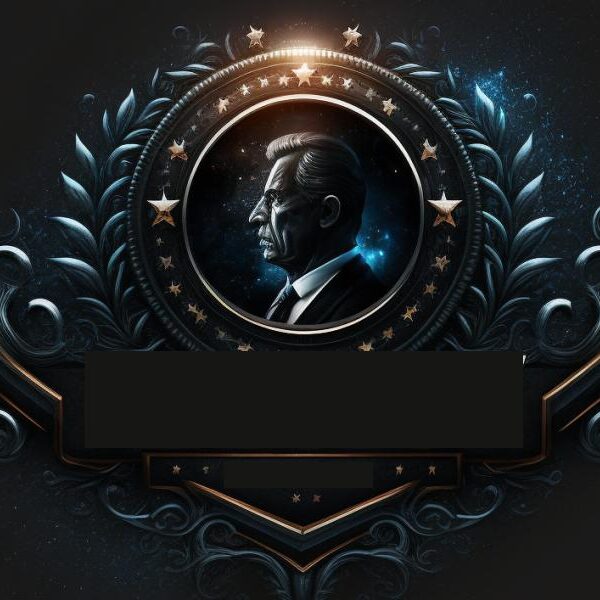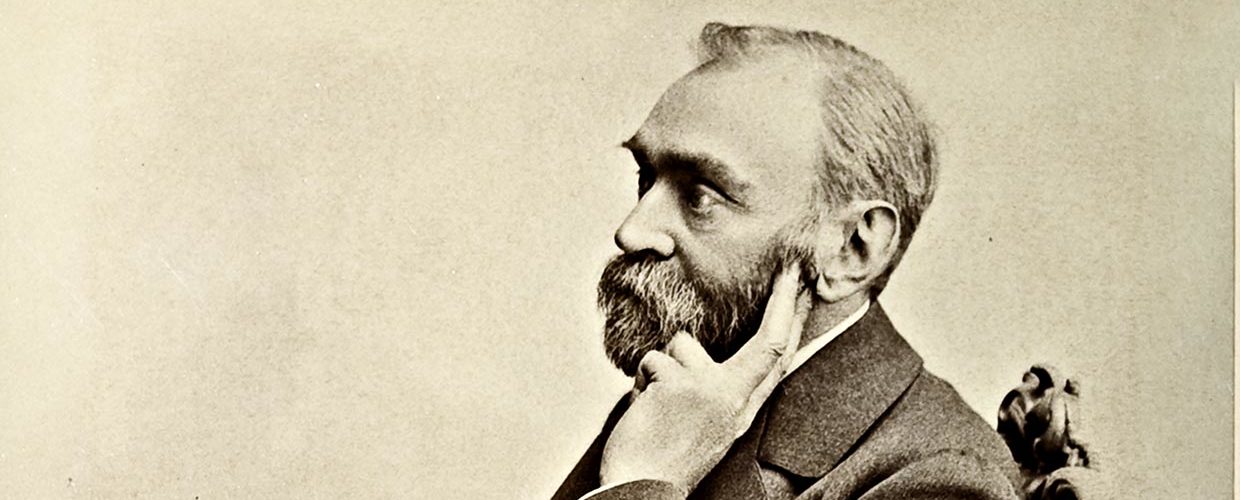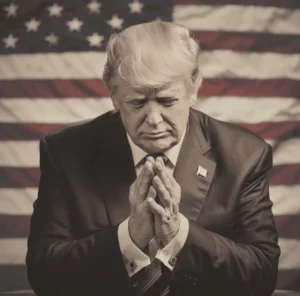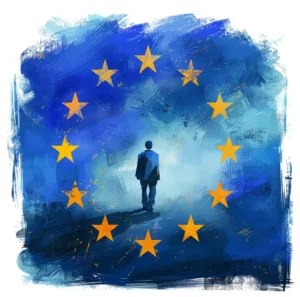Is it possible for Donald Trump to be awarded the Nobel Peace Prize?
I was taken aback when a liberal intellectual in the US mentioned the possibility of Trump receiving the Nobel Peace Prize. At first, I dismissed his concerns and brushed it off as crazy propaganda from Fox News. However, to my surprise, several magazines have been engaged in discussions about the possibility of Donald Trump being considered as a potential candidate for the prestigious Nobel Peace Prize. This unexpected speculation has prompted a closer examination of his purported achievements and contributions to peace. While opinions on the matter may differ, it is undeniable that the topic has generated significant interest and debate, particularly during the lead-up to the November 2020 US election.
Who are the candidates? According to betting companies, Trump was given a 6.7% probability of winning the Nobel Peace Prize. In some weeks, the internet was flooded with articles on this topic, and it was thought to potentially be a game changer for the US election in November 2020.
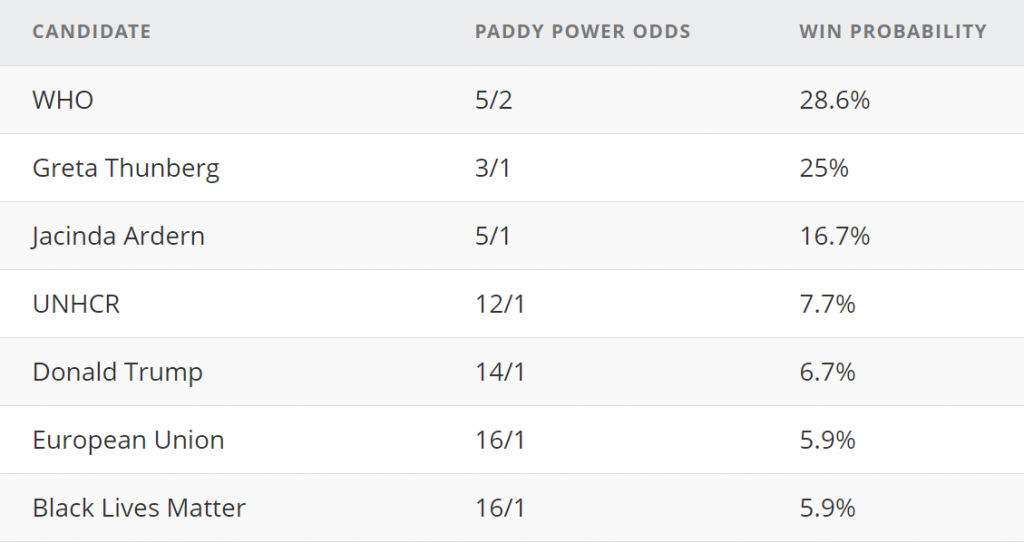
Ever since Obama was awarded the Nobel Prize, Trump has expressed a desire to receive the prestigious accolade. Previous US presidents who have won the Nobel Peace Prize include Theodore Roosevelt, Woodrow Wilson, and Jimmy Carter.
The Trump organization and various lobby groups were actively campaigning for his nomination. However, the question arises: what happens when the world’s most powerful narcissist politicizes and seeks a prize he may not truly deserve? Is this possibility purely theoretical, or is it yet another example of Trump’s characteristic narcissism, which has been a prominent feature throughout his presidency?
Please note that the awarding of the Nobel Peace Prize is a complex and nuanced process, involving nominations and evaluations by the Nobel Committee. It remains to be seen how this situation unfolds and whether Trump’s campaign for the prize will have any significant impact.
What does a nomination mean?
A nomination for the Nobel Peace Prize signifies that an individual or organization has been put forward as a potential candidate for the prestigious award. However, it is important to understand that receiving a nomination does not guarantee winning the prize itself.
The process of nomination is relatively straightforward, as qualified nominators can include individuals holding positions in government, leaders of states, or professors at universities. This means that in theory, a nominee could be put forward by figures such as Putin or Kim Jong-Un, or vice versa. Looking back at history, even someone like Hitler could have nominated Stalin. Therefore, the act of receiving a nomination does not hold significant weight in and of itself.
In the case of Trump, a right-wing populist named Christian Tybring-Gjedde from Norway wrote a nomination based on Trump’s meeting with dictator Kim Jong-Un and the peace agreement between Israel, the United Arab Emirates, and Bahrain. This nomination gained attention after being initially released by Fox News and Aftonposten.
The agreement between Israel and the United Arab Emirates, known as The Abraham Accord, was signed on September 15 in Washington. It takes its name from Abraham, the common ancestor of the three major world religions: Judaism, Christianity, and Islam.
However, it is worth noting that major Norwegian newspaper VG has portrayed the nomination as a repetitive ground hound day event, highlighting that while peace agreements are positive, the agreements made between Israel and Bahrain, as well as the United Arab Emirates, do not halt any ongoing armed conflicts. There have been no wars waged between Israel and these two Gulf states. These agreements primarily establish diplomatic relations and embassies, rather than actively stopping wars.
In Sweden, a relatively unknown Christian Democrat politician named Magnus Jacobsson nominated Trump. In his nomination, Jacobsson expressed his desire to recognize the efforts made by the governments of the United States, Kosovo, and Serbia.
It is important to remember that nominations alone do not determine the outcome of the Nobel Peace Prize. The final decision rests with the Nobel Committee, and the evaluation process takes various factors into consideration.
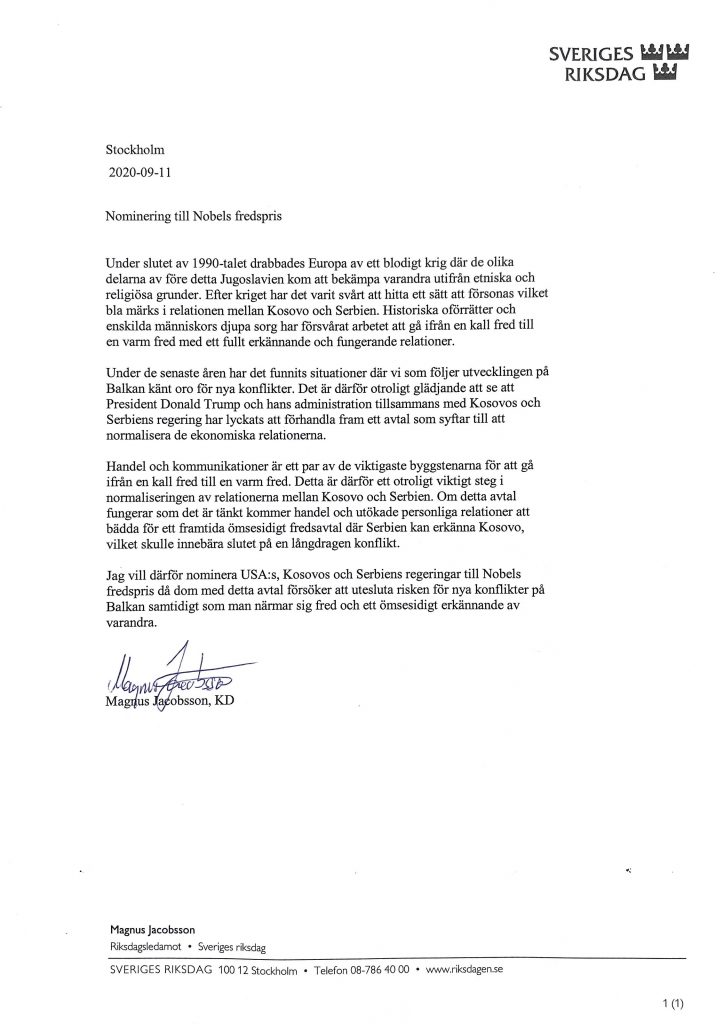
Debunked: The Alleged Achievement in Serbia and Kosovo
The leaders of Serbia and Kosovo signed a deal, primarily focusing mainly on economic issues, with the involvement of the United States. The narrative put forth by Trump is that this represents a significant breakthrough after a prolonged period of tension. It is important to note that the conflict between Serbia and Kosovo occurred primarily during 1998-1999, but for the past decade or so, it has not been an active war zone with ongoing casualties.
Trump’s portrayal of secular Kosovo as an Islamic and Arab country that has agreed to recognize Israel is somewhat misleading. In reality, the noteworthy development is that Israel has now recognized Kosovo, rather than the other way around. It is worth mentioning that the situation surrounding this recognition is complex and carries geopolitical implications.
The dynamics during the press conference were somewhat absurd, with the Balkan leaders appearing somewhat uneasy, akin to misbehaving children in the principal’s office. At around the 2:00-minute mark, an awkward moment occurred when Trump unexpectedly announced that both Serbia and Kosovo would move their embassies to Jerusalem. This announcement came as a surprise, and it has generated negative reactions from Palestinians and several Muslim countries. Additionally, it has the potential to undermine their prospects for EU membership.
It is important to closely examine the nuances and implications of such agreements and announcements, as they carry significant geopolitical consequences and may impact various stakeholders involved.
Is this truly deserving of a Peace Prize? It raises questions, especially when propaganda outlets like Fox News amplify and sensationalize the matter.
Controversial Decision: Release of 5,000 Taliban Prisoners in Afghanistan Raises Concerns
In Afghanistan, during the Trump administration, a significant decision was made to release 5,000 Taliban prisoners from prisons. It is important to note that Trump campaigned on the promise of ending the Afghan war. However, despite having a four-year period to facilitate the evacuation of visa holders, civilians, and reclaim abandoned equipment by the Afghan government, alternative actions were taken.
The release of such a large number of Taliban prisoners raises concerns about the potential implications for the security and stability of the region. Additionally, inviting Taliban leaders to Camp David on the anniversary of 9/11 further sparked controversy and criticism.
The situation in Afghanistan is complex and multifaceted, involving various stakeholders, including the Afghan government, the Taliban, and international forces. Evaluating the decisions made and their consequences requires a thorough understanding of the geopolitical dynamics and the long-term effects on peace and security in the region
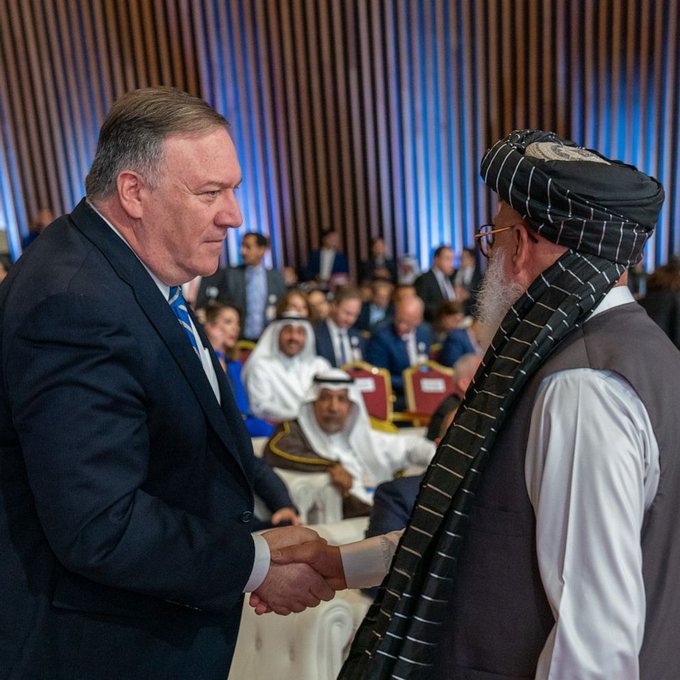
North Korea
It is indeed unusual for a leader of a democratic country to maintain a friendly relationship with a dictator, and this was the case with Donald Trump and North Korea’s leader, Kim Jong-un. Trump’s approach towards Kim Jong-un raised eyebrows and sparked controversy among observers.
Despite North Korea’s record of human rights abuses and its oppressive regime, Trump pursued a different approach, opting for personal diplomacy and establishing a rapport with Kim Jong-un. This included high-profile summits and exchanges of flattering letters between the two leaders.
Critics argue that Trump’s willingness to engage with Kim Jong-un without adequately addressing North Korea’s human rights violations undermined the principles of democracy and human rights that democratic countries hold dear. They point out that such cozy relations with a dictator send mixed messages and potentially legitimize the oppressive regime.
The oddity of this friendship between Trump and the North Korean dictator lies in the stark contrast between democratic values and the autocratic nature of the North Korean regime. It remains a topic of debate and scrutiny, highlighting the complexities of international diplomacy and the challenges democratic nations face when dealing with authoritarian counterparts.

Questionable Stance: Examining Trump’s Candidacy for the Nobel Prize in Light of Russian Relations and the Conflict in Ukraine
The connection between the Trump administration and Russia was marked by a friendly demeanor, which had significant implications for the conflict in Ukraine.
During Trump’s presidency, there were notable instances where the relationship between the United States and Russia appeared to be unusually warm, sparking concerns among observers. This friendly stance towards Russia raised questions about its potential impact on global affairs, particularly regarding the ongoing war in Ukraine.
The conflict in Ukraine, which began in 2014, involved Russian military intervention and the annexation of Crimea. The Trump administration’s approach to Russia, characterized by a less confrontational tone, led to speculation about the potential consequences for the situation in Ukraine.
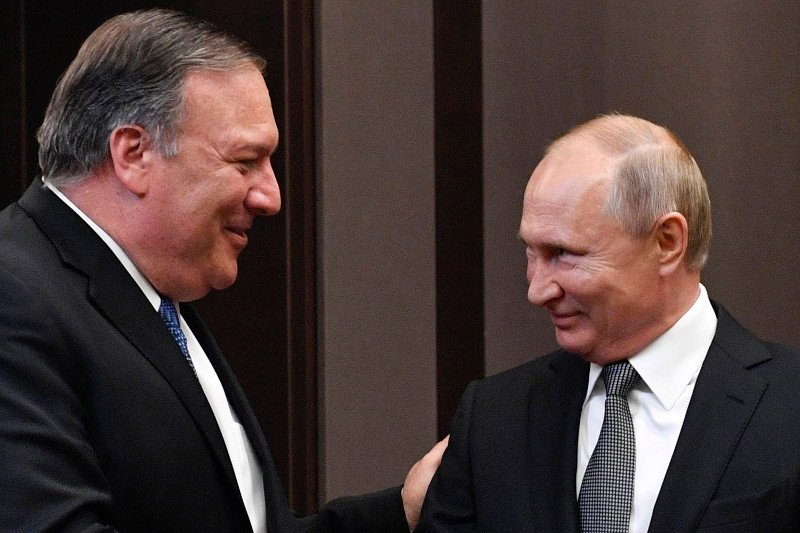
Media Manipulation: The Murdoch Empire’s Support for Trump and Biased Narratives
Within the media empire of media mogul Rupert Murdoch, which encompasses various newspapers, TV channels, and production companies worldwide such as The Sun, Fox News, The Telegraph, Wall Street Journal, and Swedish TV-production companies, one can find diverse narratives influenced by his media influence.
Murdoch has been known to support figures like Tony Blair, Donald Trump, and the Brexit campaign, and as a result, his media outlets tend to present a positive image of those he favors.
In the case of Donald Trump, most Murdoch-owned magazines share a common message, portraying him as a peacemaker who deserves the Nobel Peace Prize. They emphasize that Trump has not initiated any wars and has attempted to reduce America’s military presence abroad, not necessarily driven by a pursuit of peace, but rather by the interests of the United States.
Furthermore, these outlets highlight the economic deal between Kosovo and Serbia as a significant peace agreement, despite its primarily economic nature. Similarly, the agreement between Israel and the United Arab Emirates is presented as a major achievement, even though it is not directly related to ending a war but rather involves political and economic considerations. It is worth noting that these alliances are often characterized by significant arms purchases from the United States, involving close Trump allies such as Benjamin Netanyahu in Israel and Mohammed bin Salman in Saudi Arabia.
The narrative promoting Trump’s candidacy for the peace prize has gained traction, extending beyond Murdoch’s media empire to reputable publications like Göteborgsposten and Atlantic., indicating a broader influence of this campaign.
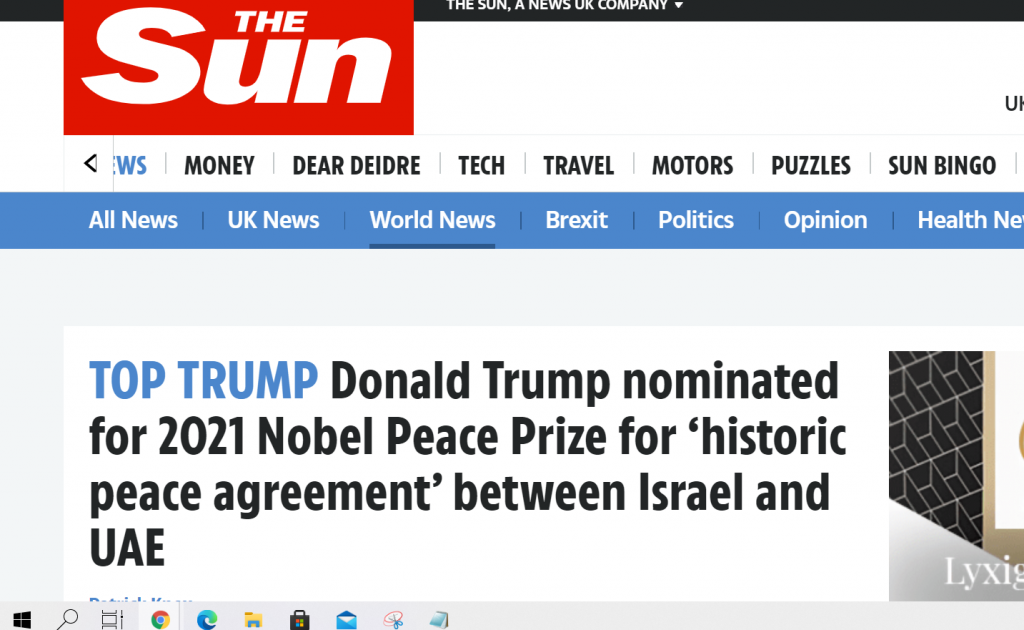
Also FoxNews push articles about Trump and Peace prize.
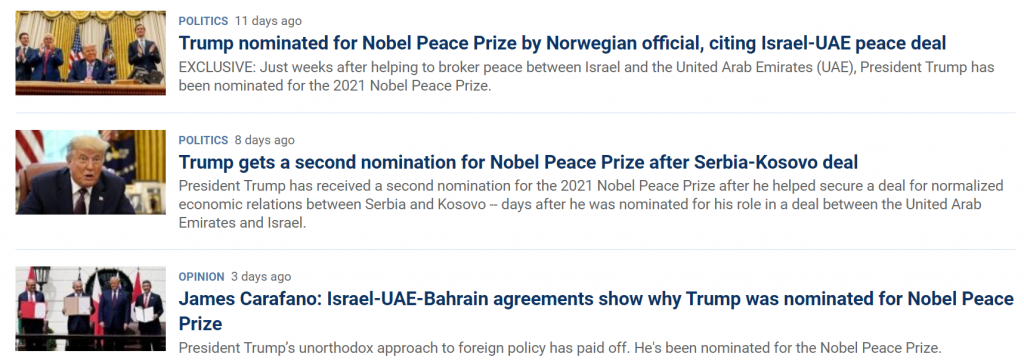
In Google Trends it is possible to see an extremely strong peak for ”Trump Nobel Peace Prize 2020” so this is a organized campaign.
How these messages appear on Facebook we do not know at moment but this is a perfect message to push with Facebook Ads if you have a big budget or work for any obscure Troll-firm outside the US like in the last presidential election.
Contradictory to Nobel’s Vision: Why Awarding the Nobel Prize to Trump Goes Against the Criteria
The criteria for winning the Nobel Peace Prize are clarified in Alfred Nobel’s testament, which states that the prize should be awarded to those who have served the most or best for the brotherhood of peoples, the reduction of standing armies, and the formation of peace congresses.
When examining Trump’s actions, it becomes evident that in many cases, he stands in opposition to the principle of brotherhood. From the beginning, he pursued policies that isolated the United States and withdrew from international cooperation. Examples include his handling of the Black Lives Matter movement, the withdrawal from the Iran nuclear weapons agreement, and international climate change agreements like the Paris Treaty. His undemocratic and egoistic views towards international peace organizations such as the UN, UNESCO, EU, and WHO are disheartening for those who advocate for democratic values.
Regarding the reduction of standing armies, Trump’s defense budget had a total spending of $686.1 billion, with some funds allocated to war budgets. This contradicts the goal of reducing military presence and the size of standing armies.
In theory, if the Nobel Committee were to award Trump the Peace Prize, it could be argued that they would be deviating from Alfred Nobel’s will and potentially engaging in a questionable act that may raise intriguing legal considerations.
It is essential to carefully assess the actions and principles of any candidate for the Nobel Peace Prize, ensuring they align with the intent and spirit of Alfred Nobel’s testament.
Who is sitting in the Nobel Prize commitee?
There are only 5 people sitting in the Nobel Peace Commitee and If Trump would win it would spark a debate about corruption among its members. The prize cermony is 10th of December after the US election.
- Berit Reiss-Andersen, president and lawyer with background at Norweigian labour party
- Henrik Syse, vice president and philosopher
- Thorbjørn Jagland, member
- Anne Enger, member
- Asle Toje, member
Two of the members are from arbetarpartiet and politically quite close to the leftist AOC/Sanders.
Norway has a history of making perplexing political decisions when influenced by the United States, and there is a significant support base for the white evangelical church among Trump supporters in Norway. As a result, there remains a possibility that Trump could win the Nobel Peace Prize. However, the question arises as to whether he truly deserves it.
Assessing Trump’s worthiness for the prize requires a careful examination of his actions and their impact on promoting peace. While his administration did engage in diplomatic efforts, such as the agreements between Israel and Arab nations, there are valid concerns regarding the motivations behind these deals. Some argue that they were primarily driven by political and economic considerations rather than a genuine commitment to peacebuilding.
Moreover, Trump’s rhetoric and policies often sparked division and fueled tensions domestically and internationally. His controversial approach to issues like immigration, human rights, climate change, and international cooperation generated widespread criticism and strained relationships with allies.
The Nobel Peace Prize holds immense significance and is traditionally awarded to individuals or organizations that have made substantial contributions to fostering peace and resolving conflicts. It is essential to evaluate Trump’s overall record and consider whether his actions align with the core values and intentions of the prize. Ultimately, the decision lies in the hands of the Nobel Committee, who are entrusted with the responsibility of carefully considering the merits of each candidate.
